Business Studies
Staff
Head of Department Mr. G. Caldwell
Teacher Mr. W. Buttery
Teacher Mrs. V. Beattie
Teacher Mr. P. Weir
Curriculum
Business Studies is a dynamic subject which tries to use discussion, investigation, calculation and interaction to relate classroom theory to the 'real world' of business organisations.
GCSE
GCSE Business Studies is an introduction to the dynamic worlds of Marketing, Finance, Human Resources and Business Manufacturing. It consists of the following units:
Unit 1: Starting a Business
In this unit, pupils are introduced to the fundamentals of starting a business. We examine why businesses start up and the resources required to maintain and grow them. Pupils explore business aims and the impact that various stakeholder groups may have on businesses. We also consider marketing options for a business organisation and study the aims and objectives that will help a firm grow and survive into the future. We also consider why businesses conform to quality assurance standards and health and safety legislation.
Unit 2: Developing a Business
In this unit, pupils examine recruitment and selection practices and analyse the importance of a business having motivated and well trained employees. We identify the signs of business success and failure and evaluate the different ways in which businesses grow. Pupils will learn about business finance; we will examine the sources of finance and complete basic cash flow forecasts and break-even analyses, as well as interpreting simple financial statements.
Unit 3 Planning a Business (Controlled Assessment)
In this unit, which may examine any area of content from the specification, pupils apply knowledge and understanding to a real business context. This will be assessed using controlled assessment rather than an examination.
AS/A2
A Level students follow the CCEA Specification. The units studied are as follows:
AS 1: Introduction to Business
This unit introduces pupils to the business world. It begins, as many businesses do, with the entrepreneur and what motivates individuals to develop business enterprises. Pupils are expected to become familiar with different business ownership structures and the key stakeholder groups which may have an interest in how a business is managed.
Pupils must acquire a critical understanding of the importance of quality and its significance in the competitive marketplace, including the production process, and the recruitment and training of a quality labour force. Pupils should appreciate the impact of management and leadership styles on employee motivation and business operations. There will also be a regular focus on past papers and examination technique.
AS 2: Growing the Business
Pupils will understand the role of technology in growing a business and how to assist with decision making. They must also understand the impact of competition on a business. Pupils also acquire a critical understanding of the marketing process, marketing strategy and the use of E-Business. Pupils will also build an appreciation of the role of accounting and financial information in business decision making and financial control.
A2 1: Strategic Decision Making
Pupils will be expected to identify business objectives and the potential for these to conflict with those of various stakeholder groups. Pupils will be able to analyse and evaluate stakeholder management strategies.
Pupils will gain an insight into business planning and the need to manage risk and uncertainty when developing business strategies. They must also be able to analyse the importance of accounting and financial information in making strategic business decisions. Business models such as decision trees and investment appraisal techniques will also be calculated.
A2 2: The Competitive Business Environment
This unit examines the macroeconomic framework within which businesses operate. Pupils are expected to evaluate the impact of globalisation on business activities. Pupils will develop an appreciation of the importance of ethics and sustainability on business decision making and culture. They will also evaluate the influence of stakeholders on business operations. The unit examines how businesses are affected by and react to change within the dynamic and technology-driven business environment. The examination of this unit is synoptic and will require knowledge from all AS and A2 units.
| Unit |
Assessment Format |
Duration |
Weighting |
|
AS 1: Introduction to Business |
External written examination 2 compulsory structured data responses (40 marks) |
1 hour 30 minutes |
50% of AS 20% of A Level |
|
AS 2: Growing the Business |
External written examination 2 compulsory structured data responses (40 marks) |
1 hour 30 minutes |
50% of AS 20% of A Level |
|
A2 1: Strategic Decision Making |
External examination paper. 5 compulsory structured data responses (90 marks) |
2 hours |
50% of A2 30% of A Level |
|
A2 2: The Competitive Business Environment |
External written examination 6 compulsory structured data responses (90 marks) |
2 hours |
50% of A2 30% of A Level |
Careers
By studying a GCSE or A level in Business you open access to a wide range of future employment opportunities. These include Management and Leadership Roles, Accounting and Finance. Marketing and Sales, Human Resources and Consulting. Financial Services and Retailing.
Industry Trends and Insights:
Going forward, Labour Market Information suggests a demand for business professionals across various sectors, including finance, marketing, and management consulting. Emerging trends include digital transformation, sustainability practices, and agile business strategies.
In class your teachers talk a lot about Entrepreneurship and many Lurgan College students have taken a calculated risk and set up their own firms.
In Business Classes, we would have regular informal Careers conversations for example High Level Apprenticeships and UCAS planning. A lot of students have part time jobs and we can link to the Human Resource topics to recap selection procedures like Interviews and Application forms
Skills developed by studying Business Studies:
- Communication Skills
- Team Work
- Problem Solving
- Critical Thinking
- Financial Analysis
- Emotional Intelligence
It is also important to link what we study in class to the real world and we have and will continue to organise guest speakers, online meetings and employment visits. Students are also encouraged to avail of the Work Experience opportunities in school and staff would regular post opportunities from the media or specialist links from relevant sources for example PWC, Deloitte and Invest Northern Ireland
It is also important to look at our subject in a local context with a focus on future economic plans from the Northern Ireland Assembly and the two main local universities: Ulster and Queens
Further Information from Ulster University
Further Information From Queens
https://www.qub.ac.uk/schools/queens-business-school/
Some ex Business Students from Lurgan College who prove the wide range of successful options available:
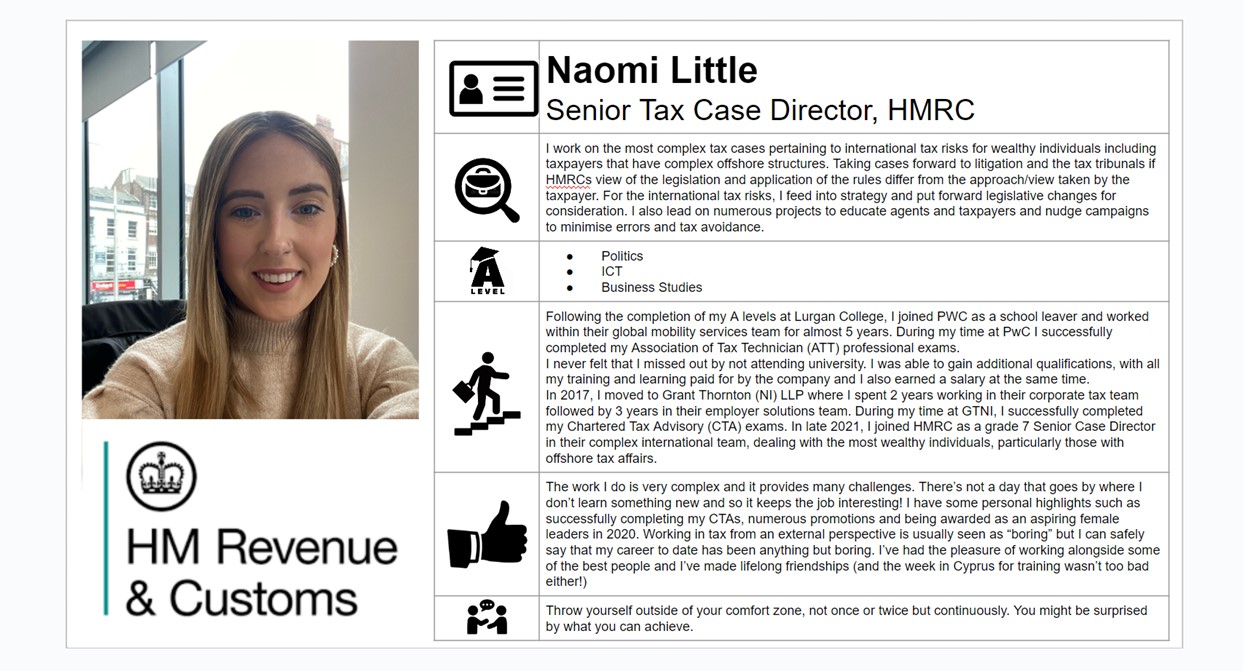
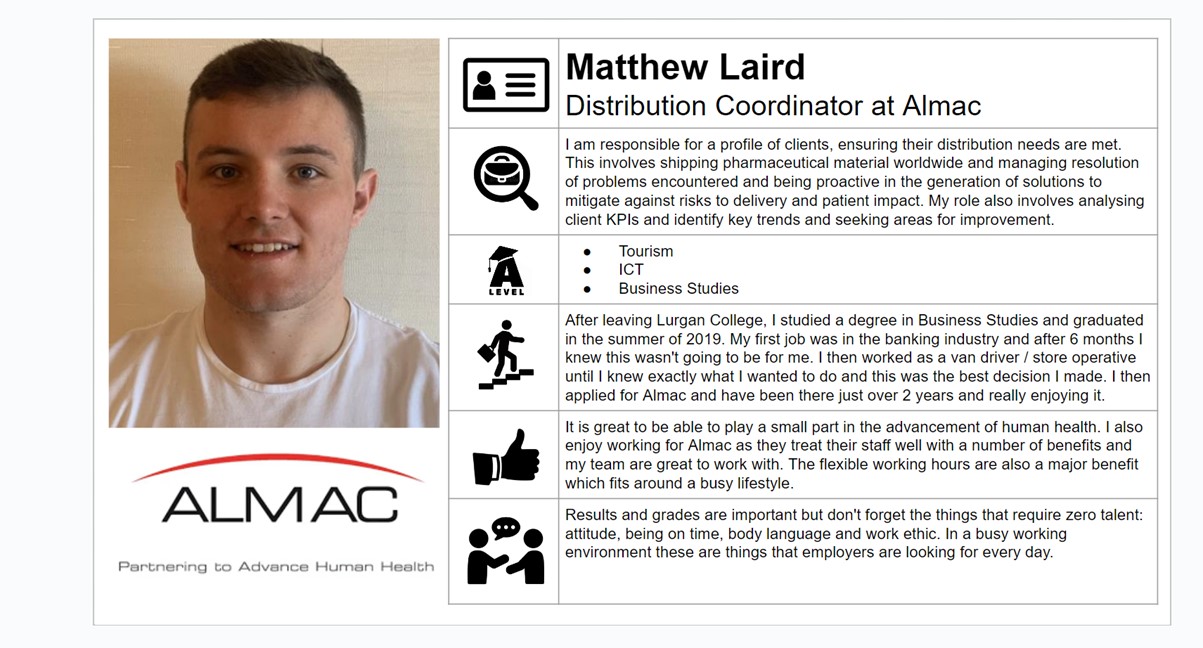
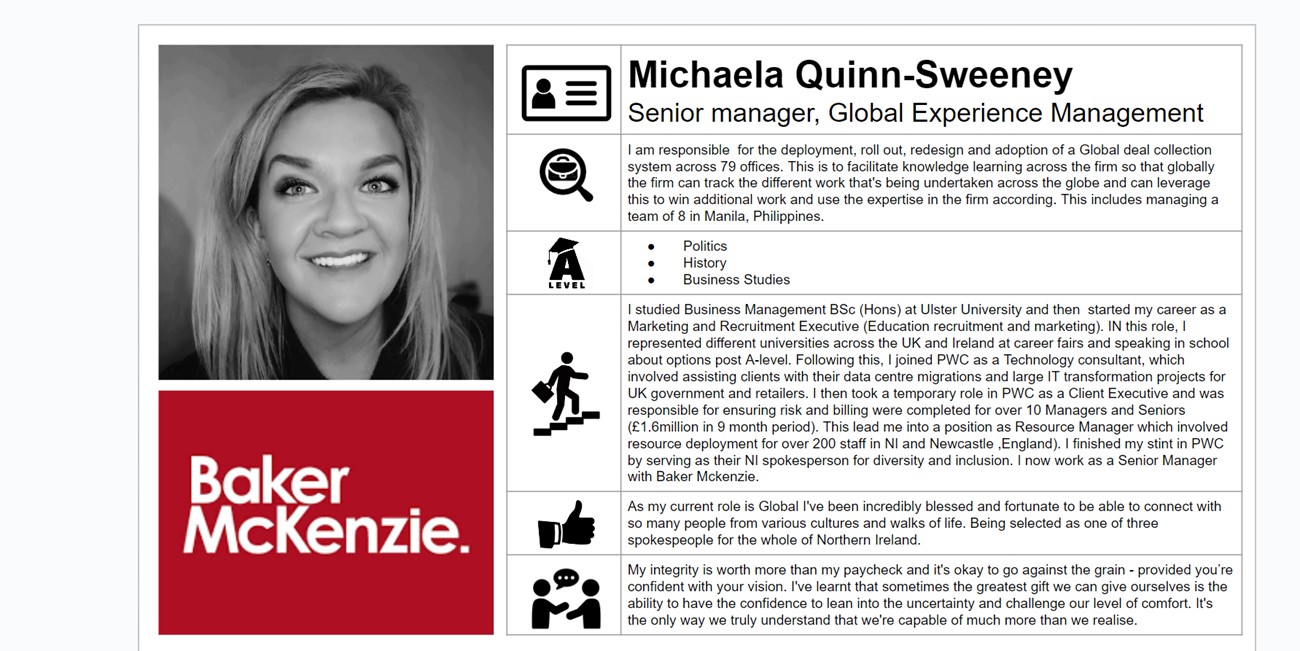
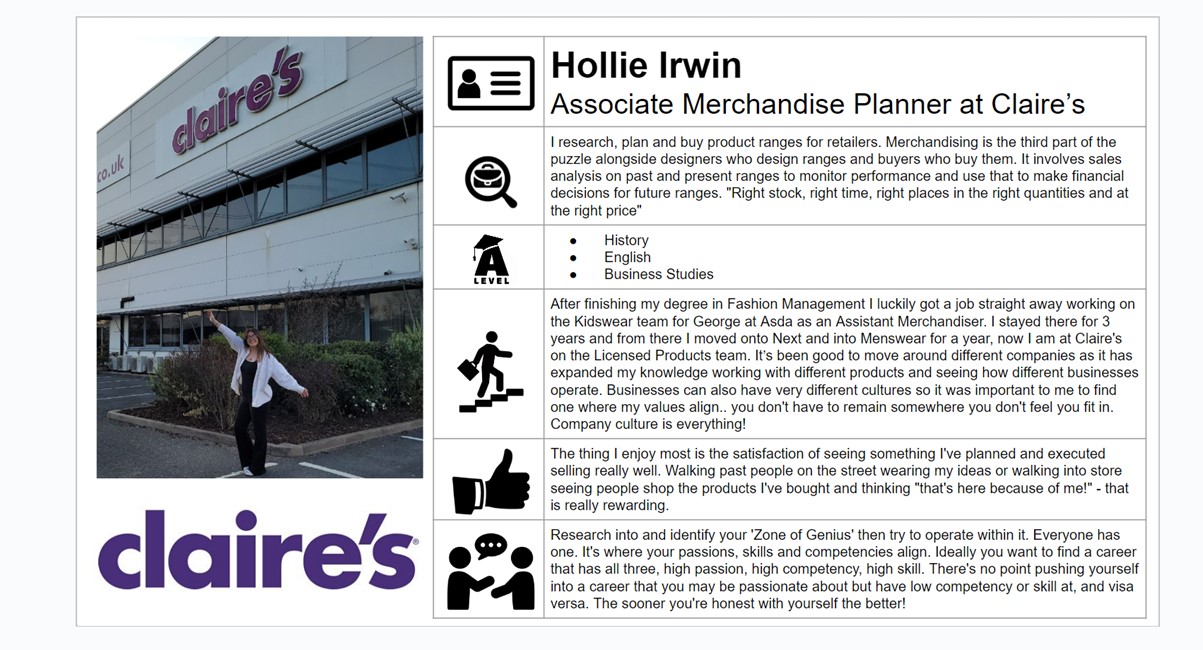
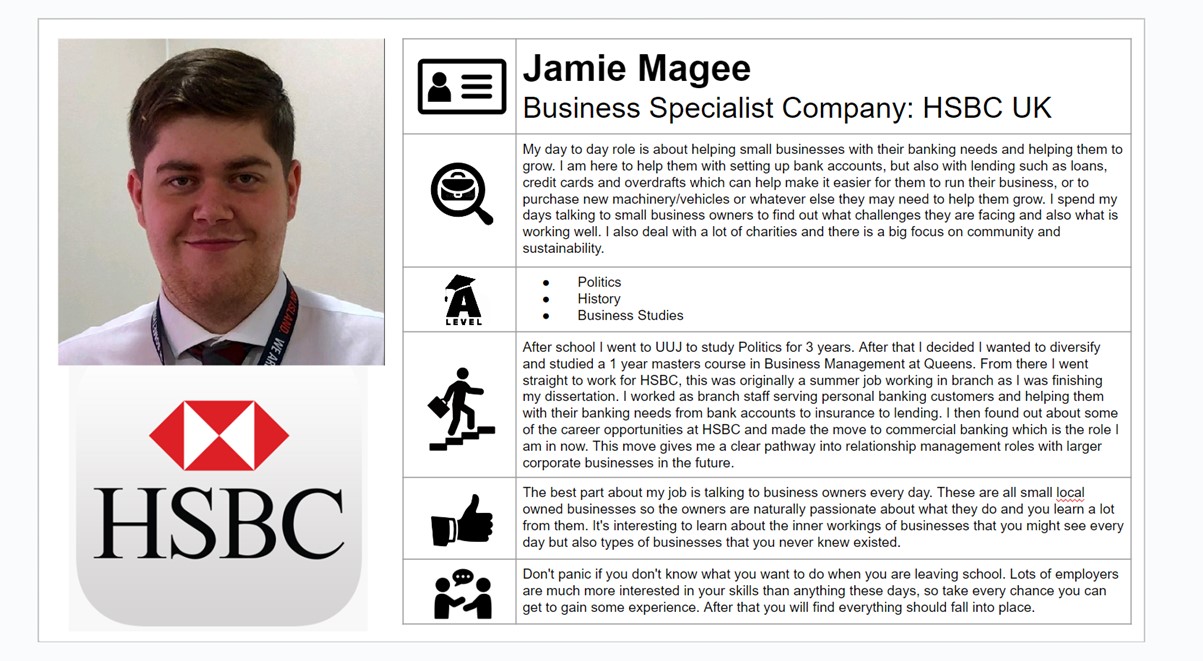



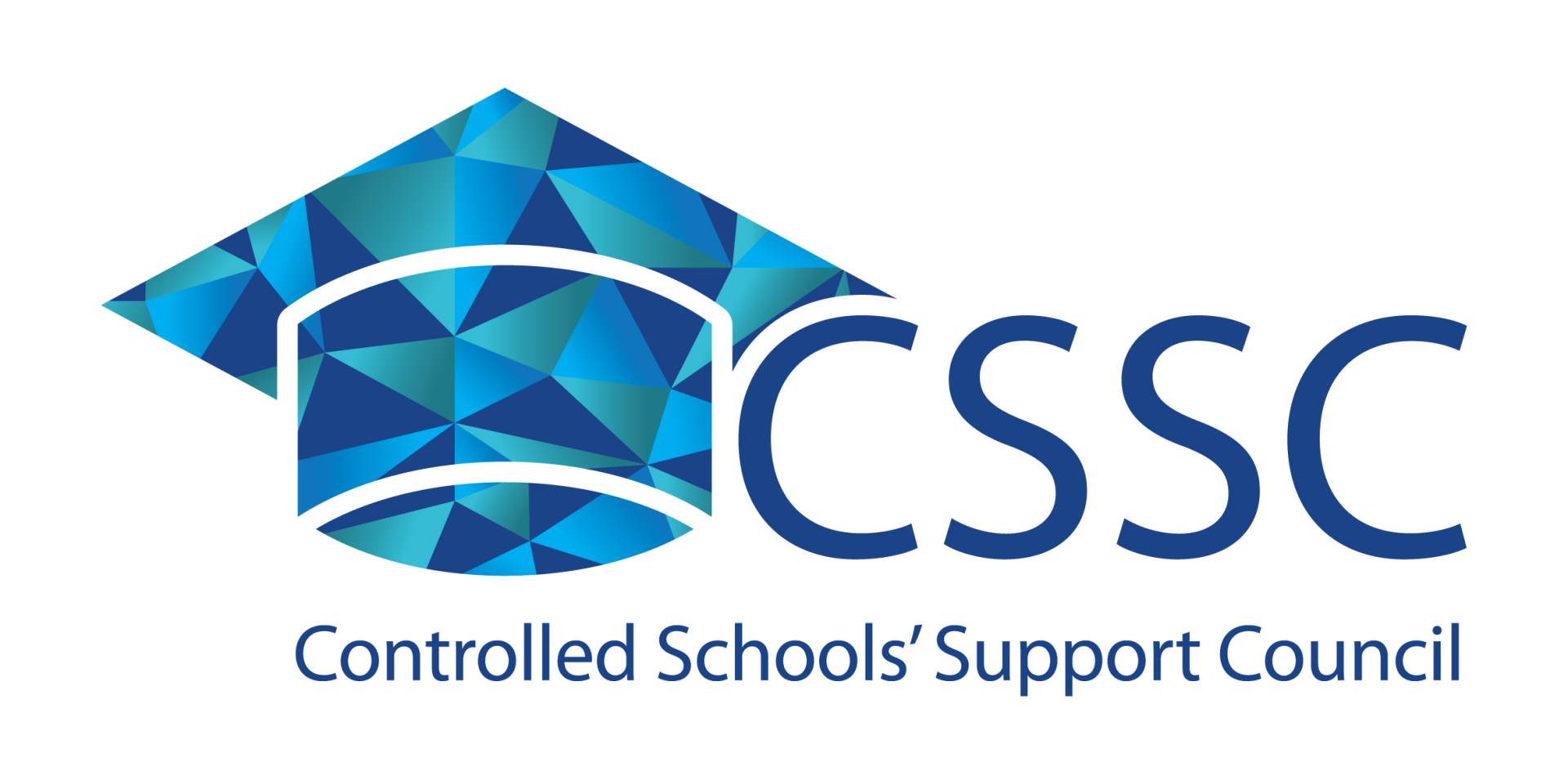
Close
Social Media